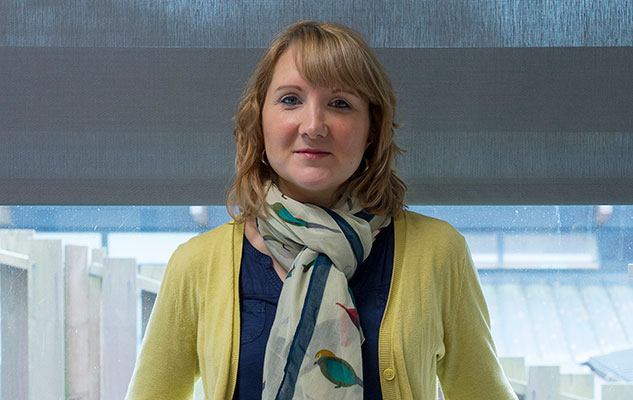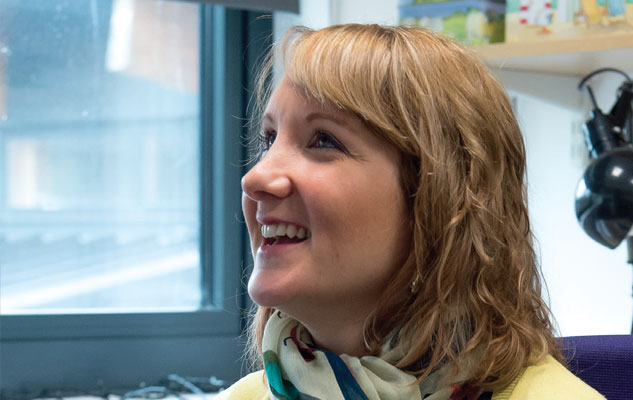Alison Phipps
Alison Phipps is Professor of Gender Studies at the University of Sussex.

Alison’s research story
Universities should be safe, positive places where equality and respect are the norm, right? Sadly, Alison Phipps’ research has shown female students are increasingly subject to sexual harassment and even violence. This is partly the result of a rise in so-called ‘lad culture’. But Alison is fighting for change.
Lad culture is characterised by sexist or sexualised banter and behaviour that could spill over into sexual harassment, rape and other forms of violence.
It’s not new but nationally has received much media and policy attention recently. And the rise of social media has had a big role to play in the increasing dominance of this type of behaviour in our collective consciousness. From the emergence of online communities like the LAD Bible to the posting of revenge porn, Alison suggests that ‘some of the stuff posted online has become quite performative, it’s about who can be the most outrageous’.
‘Added to this, there’s been a backlash against feminism and other social justice movements,’ says Alison, one that the election of figures like Donald Trump both reflects and is fuelling.
Alison decided to do something about the problem when she arrived at Sussex in 2005, as Director of Gender Studies. ‘I had a lot of students coming to me talking about their experiences.’ She got in touch with the National Union of Students (NUS) and eventually worked with them on a national survey of female students’ perceptions of safety and experiences of stalking, harassment and physical and sexual violence.
In the current political climate, academics need to be brave. Universities need to be what they’re meant to be – forces for progress.” Alison Phipps
Professor of Gender Studies
This was followed by NUS-funded research on female students’ experiences of lad culture in higher education, the results of which finally brought the issue to national prominence. ‘There was a moral panic,’ recalls Alison, ‘but it led to a lot of initiatives springing up.’
Her research went on to influence NUS policy, which included a national zero-tolerance campaign, and the famous I Heart Consent initiative.
Most recently, the NUS have launched a new project called Stand By Me, which is about collaborating with rape crisis services to encourage people to report their experiences and to develop better care pathways for affected students.
Alison’s research and willingness to engage in public debate are not for the fainthearted; she has received death and rape threats. ‘But I do it because I’m convinced of its importance. I don’t want to let down students who’ve had bad experiences.
‘Survivors so often drop out of university and don’t finish their degrees. We can’t let that happen.’

Alison also has a deeply personal reason for wanting change. ‘I’m a survivor myself. When it happened to me nobody spoke out for me – everyone closed ranks. I don’t want that to happen to other people.’
For a long time she didn’t share her experience because she didn’t want people to dismiss her work as biased or motivated by anger. ‘But there came a point when I thought it might be useful for student survivors to know I understood something of what they’re going through. Their feedback was resoundingly positive. The more people talk about this subject, the less stigmatised it becomes, the less taboo it is.’
And she does think things are shifting nationally. Universities UK (a national advocacy and policy organisation) has recently released the report of its taskforce on violence against women, harassment and hate crime, which Alison sees as a big step forward.
But more than policy work, she argues, we need a cultural change in institutions. ‘You can have all the right policies in place but if you don’t have the right culture, people won’t come forward and the problems will continue.’
Her advice to anyone wanting to make a difference with their research is, ‘Don’t be afraid to be ambitious about what you want to change. Challenge the status quo. In the current political climate, academics need to be brave. Universities need to be what they’re meant to be – forces for progress.’
Find out more about Alison’s research.